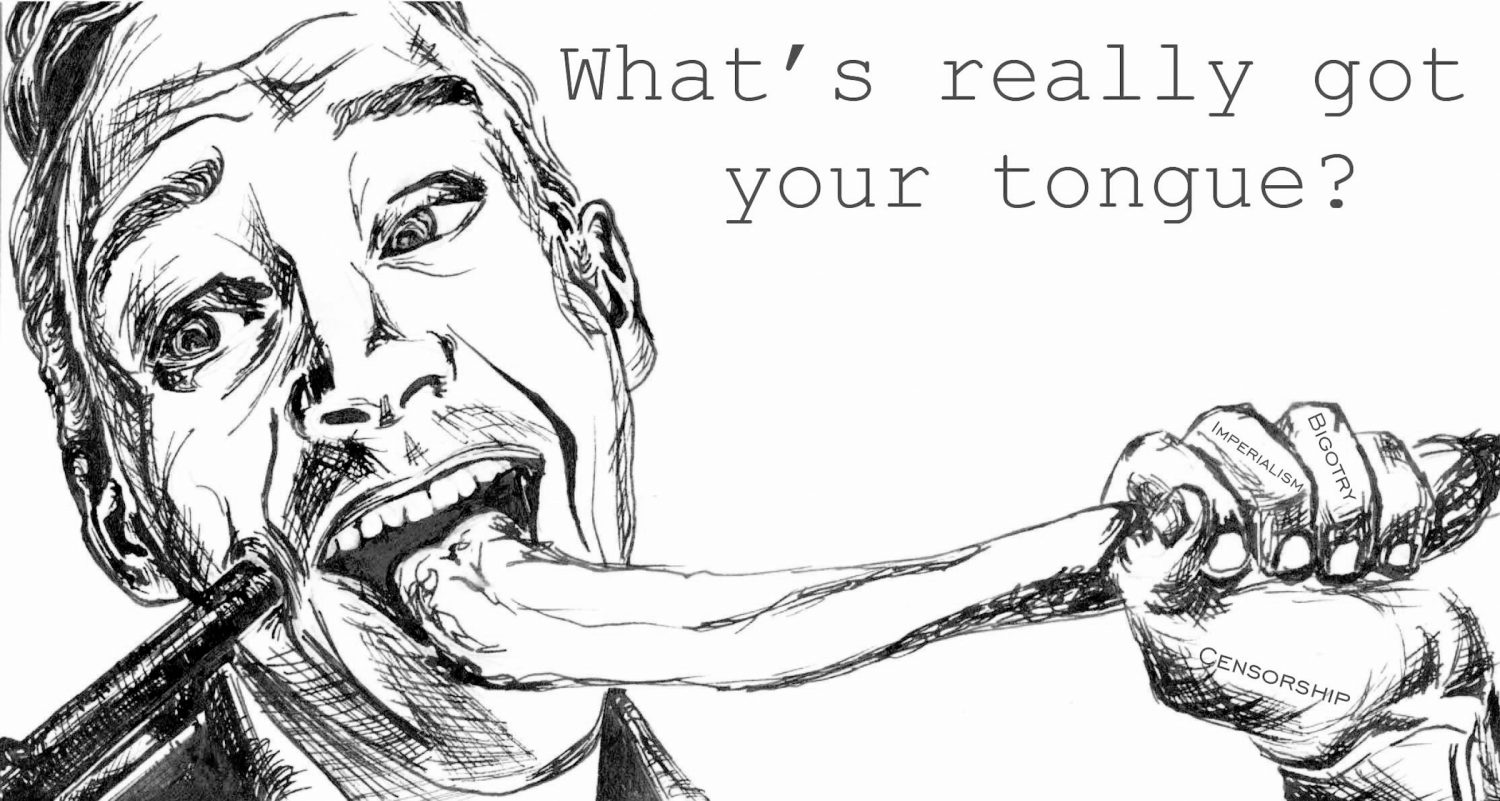On Wednesday, Jan. 7, two gunmen, brothers Cherif and Said Kouachi, opened fire in the Charlie Hebdo office in Paris, killing 12 in total. For the next two days, Paris and the surrounding areas were put on high alert as police continued to search for the gunmen. Finally, on Jan. 9, the brothers, cornered, opened fire on police officers and were both killed in the ensuing gunfight.
Sympathy and support for free speech across the world flooded to the victims and their families with #JeSuisCharlie (I am Charlie) generated over 5 million tweets in the days following the attack. Since the Charlie Hebdo attacks, there have also been numerous responses across the world solidifying the right to free speech and freedom of the press. Numerous newspapers and cartoonists also made tributes to the fallen journalists and police officers.
While discussing this issue, some of our editors who have studied and lived in France knew more background information on the political and religious climate of the country. For one, the separation of church and state is much more pronounced in France in comparison to the U.S. For example, any clothing or accessories deemed religious are discouraged in public spaces.
This rule was enforced with a ban on the burqa, a piece of clothing that some Muslim women wear that covers a woman’s face and body, in public spaces. They also recalled that Charlie Hebdo often made sometimes-offensive depictions of Christians and women as well. Islamophobia is also more noticeable in France, evidenced by 15 attacks on Muslims deemed retaliatory in nature in the days following the Charlie Hebdo attack.
We at the UNews are obviously invested in protecting our own, as well as every other newspaper’s ability to freely express their views, but we also acknowledge the unspoken boundaries to truly free speech. We recognize that those limitations are based on context. For example, the UNews has been told over the years to avoid promoting the sale or consumption of alcohol and to avoid articles that are against Catholic social teaching. And if we ever had the desire to mock or satirize Catholicism, Islam or Judaism, (which we won’t) we would likely be told to not do that as well. These are the largely unspoken, but known, rules to which we are beholden. All forms of media have their limits.
We know that Charlie Hebdo frequently pushed those limits in its portrayals of Muslims, Christians and women, as well as in their illustrations of Muhammad. In many instances in the U.S., such depictions are avoided. The only recent example of people in the U.S. trying to depict Muhammad was “South Park.” Before the “South Park” episode showing Muhammad could air, Comedy Central decided to censor it. Instead of Muhammad, the show used a black box with the word “censored” written across it to convey the character. Despite the censorship, there still was considerable backlash against “South Park” for trying to depict Muhammad.
While these depictions and satirical presentations are often rude and crass, there is still the expectation that freedom of speech and freedom of the press are to be meticulously maintained under the law. As French philosopher Voltaire quipped, “I do not agree with what you have to stay, but I’ll defend to the death your right to say it.”
However, the unspoken rules to which newspapers across the world must subscribe, also maintain a sort of respectability for the newspaper itself and the dignity for all who read it. It is a difficult game to play, and unfortunately a game suddenly more fraught with danger for those who decide to test those limits of what is acceptable and decent in media discourse, no matter how free.







